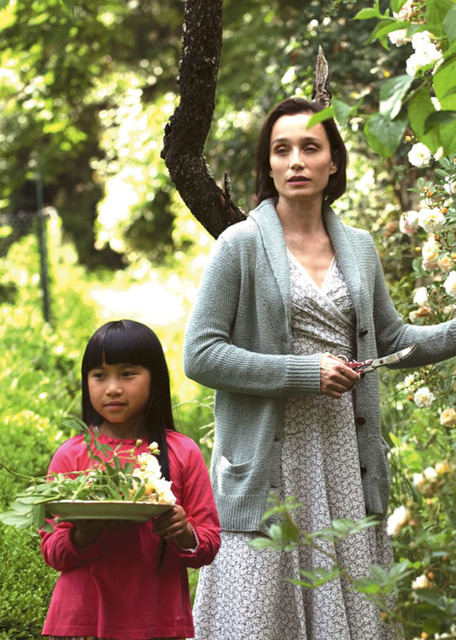Film Review: I’ve Loved You So Long
Chilly French Drama Leaves Viewers Waiting For The Thaw


“Eat your greens
Latest Article|September 3, 2020|Free
::Making Grown Men Cry Since 1992


“Eat your greens